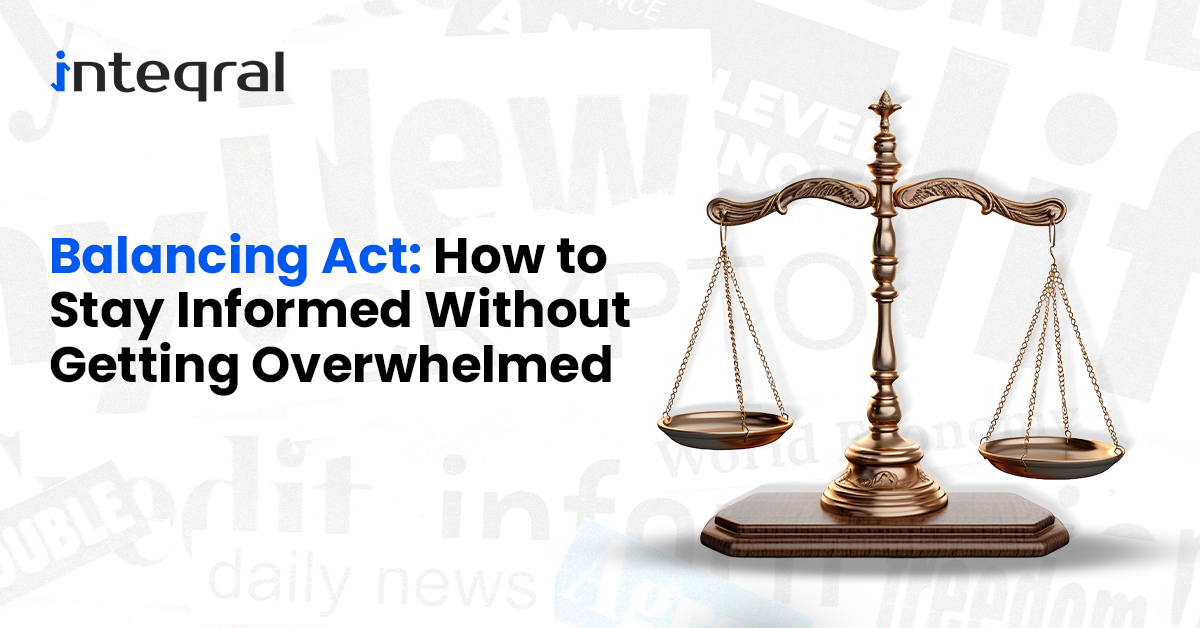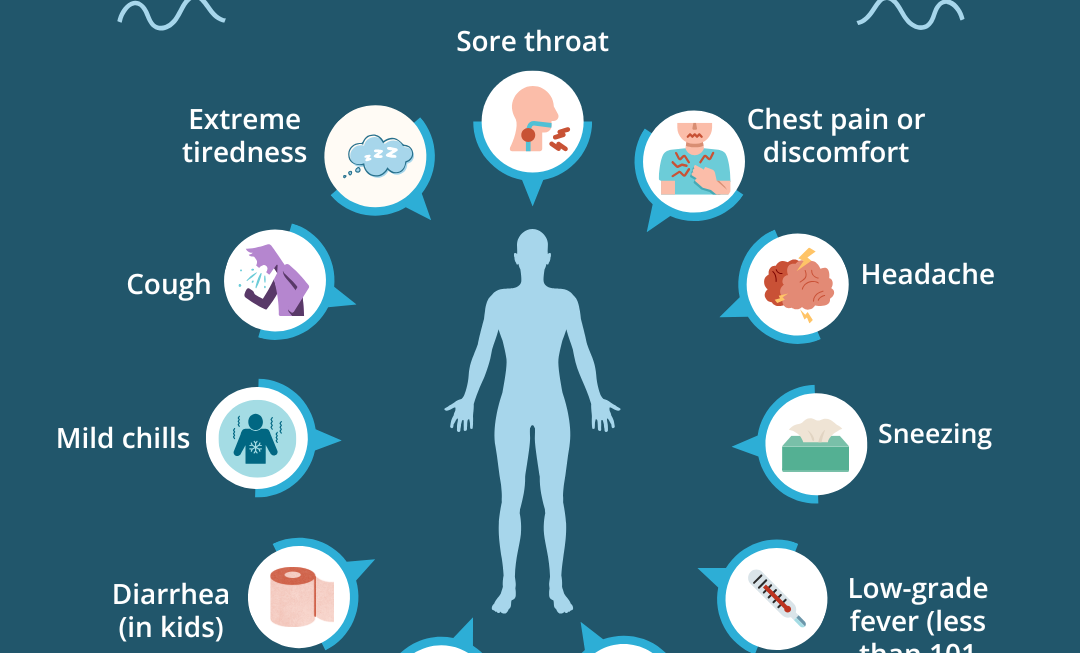In teh digital era, where news bombards us from all corners, staying informed can be a double-edged sword. While it’s crucial to be aware of current events, the sheer volume and relentless nature of news can quickly turn overwhelming. Like a raging river, the news cycle threatens to sweep us away, leaving us feeling lost and exhausted in its wake. But fret not, intrepid news navigators! In this article, we will equip you with a survival guide to keep up with the news without drowning in its depths. We’ll explore strategies, tools, and mindsets that will transform you from a helpless victim of the news torrent to a savvy captain of your data ship. So, let us embark on this voyage and discover the art of mastering the news without losing your sanity.
– Navigating the Information overload: Strategies for Staying Informed
Empower Your Newsfeed: Curation and Filtration
In the digital age, staying informed can feel like trying to navigate a raging torrent of information. To prevent this deluge from becoming overwhelming, embrace the power of curation and filtration. follow trusted sources, journalists, and influencers who align with your interests and values. consider using news aggregators that cater to specific topics or provide curated content. Experiment with blocking or muting sources that consistently bombard you with low-quality or irrelevant information. By tailoring your newsfeed to your interests and eliminating the noise, you can maintain a manageable stream of meaningful content.
– Harnessing Technology: Tools and Apps to Streamline News Consumption
Technology has revolutionized the way we consume news. Apps like Feedly, Pocket, and Flipboard allow us to aggregate and organize news stories from multiple sources according to your interests:
- Feedly: A customizable news reader that allows you to follow specific topics, websites, and keywords.
- pocket: A tool for saving articles, videos, and other web content to read later, both online and offline.
- flipboard: A mobile and web-based news aggregator that presents news stories in a magazine-style format.
– Cultivating Criticality and Discernment: Evaluating Sources and Perspectives
Cultivating Criticality and Discernment: Evaluating Sources and Perspectives
In the vast sea of information, cultivating criticality and discernment is crucial to avoid information overload and ensure accurate consumption of news. Here are some strategies:
Analyze the source: Consider the credibility, biases, and agenda of the publisher. Check their history, affiliations, and potential conflicts of interest.
Examine the viewpoint: Different perspectives can offer valuable insights, but it’s important to understand the underlying assumptions and biases. Seek out diverse sources to gain a well-rounded understanding.
Verify the evidence: Facts should be supported by credible sources and evidence. Corroborate information through multiple reputable outlets and be wary of sensationalized or emotionally charged claims.
Assess your own biases: Be aware of your own biases and how they can influence your interpretation of news. Strive for open-mindedness and challenge your assumptions.* Seek professional guidance: If necessary, consult with experts or research organizations to gain a deeper understanding of complex issues or verify the accuracy of news stories.
In Retrospect
As the digital torrent of information slows to a manageable trickle, you’ll find the world not spinning so fast. The waves of news no longer crash upon you like a relentless tide, but gently lap at your feet. You can now wade into the depths of current events with a newfound confidence, knowing that you have the tools to navigate the vast sea of information. So, stay curious, stay informed, and remember that the true measure of knowlege is not what we know, but how we use it.



